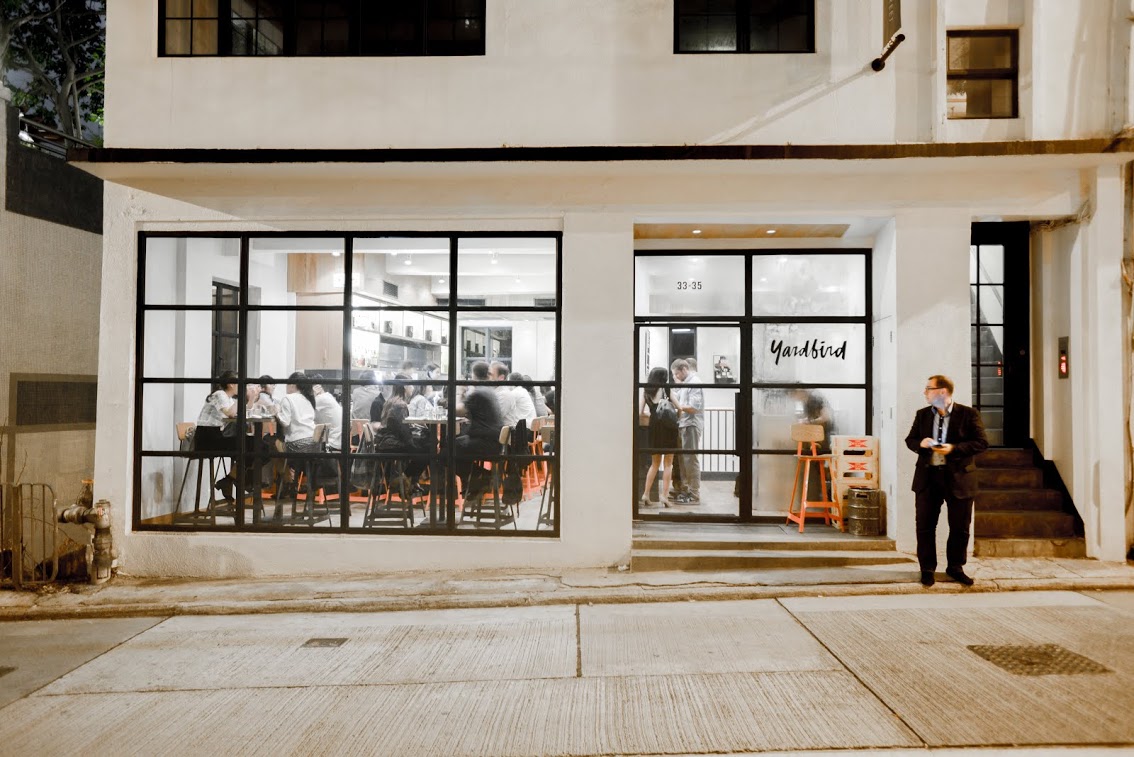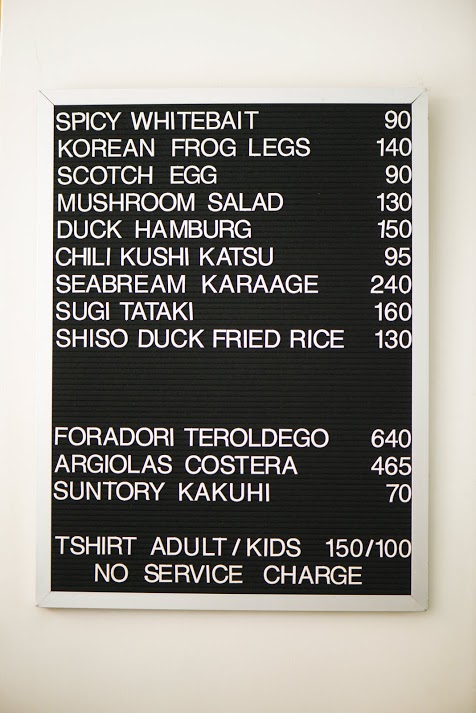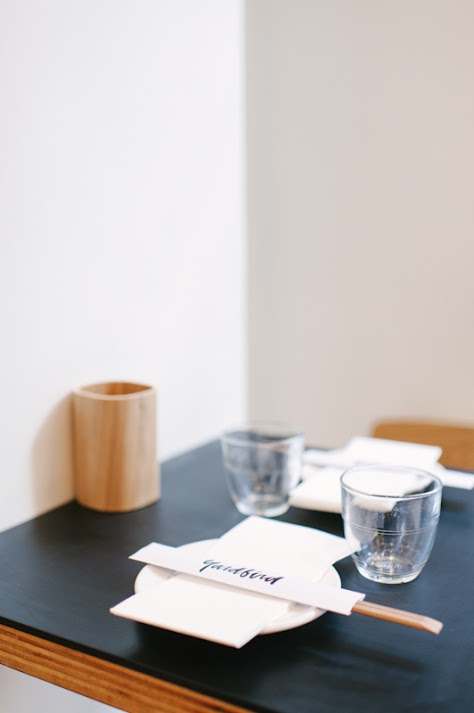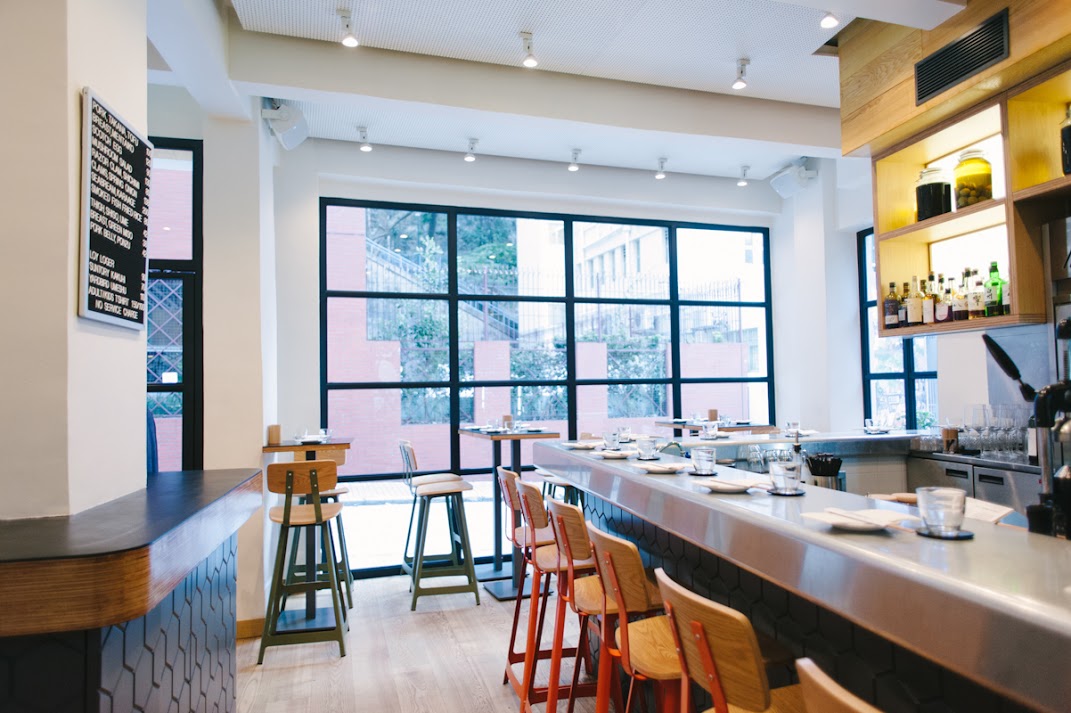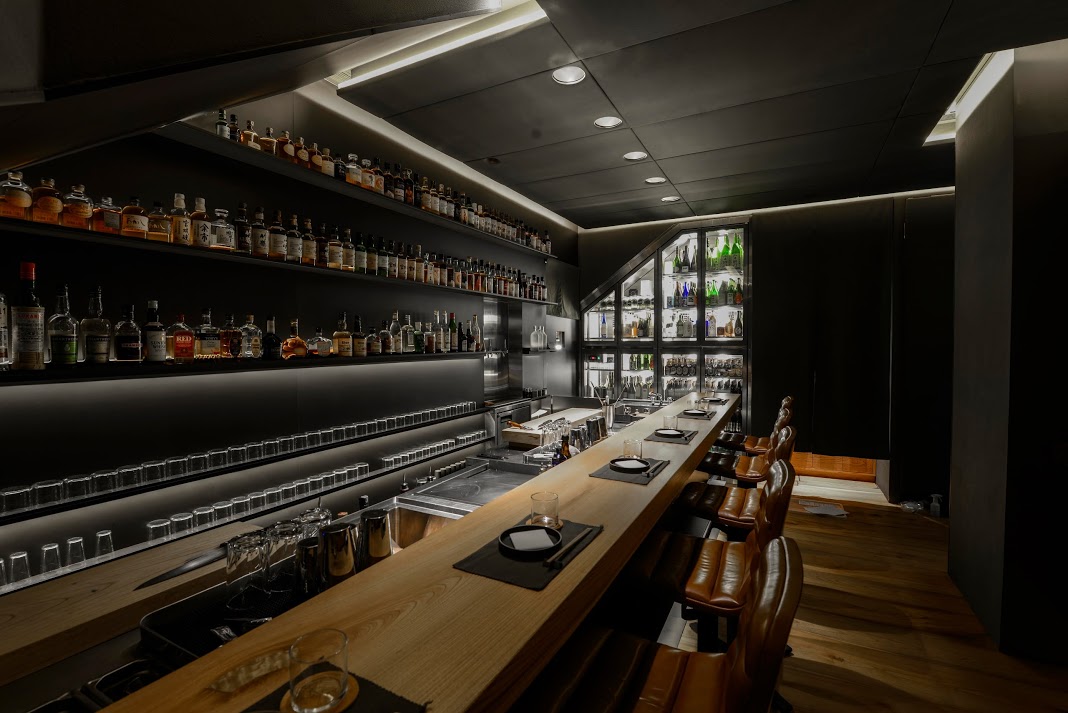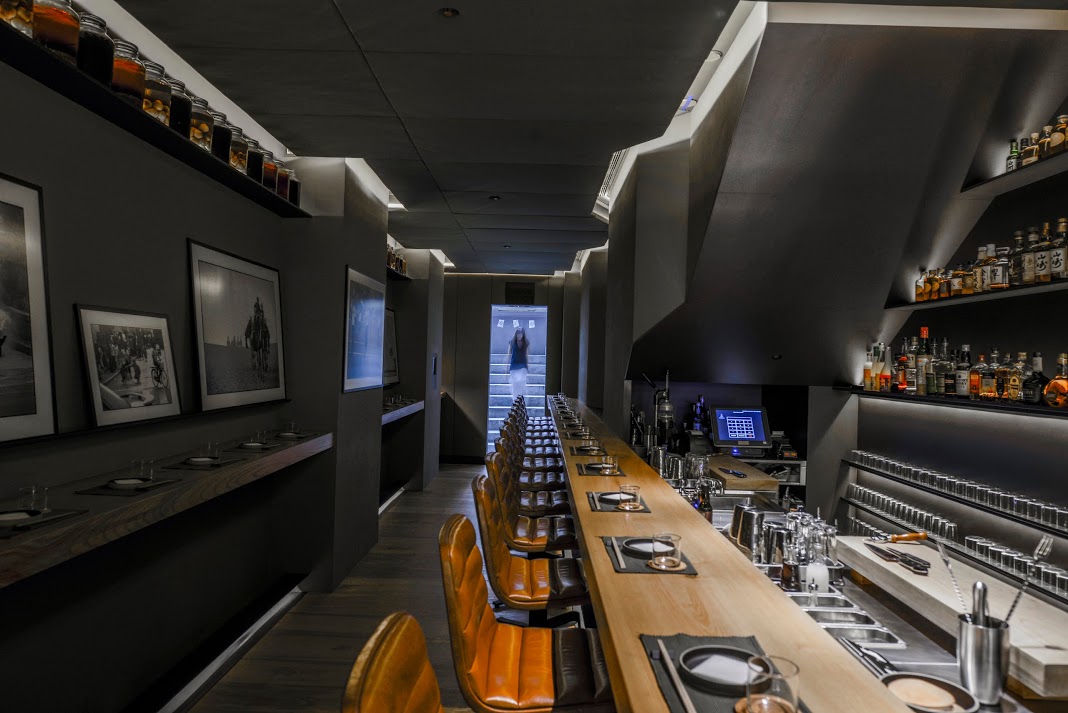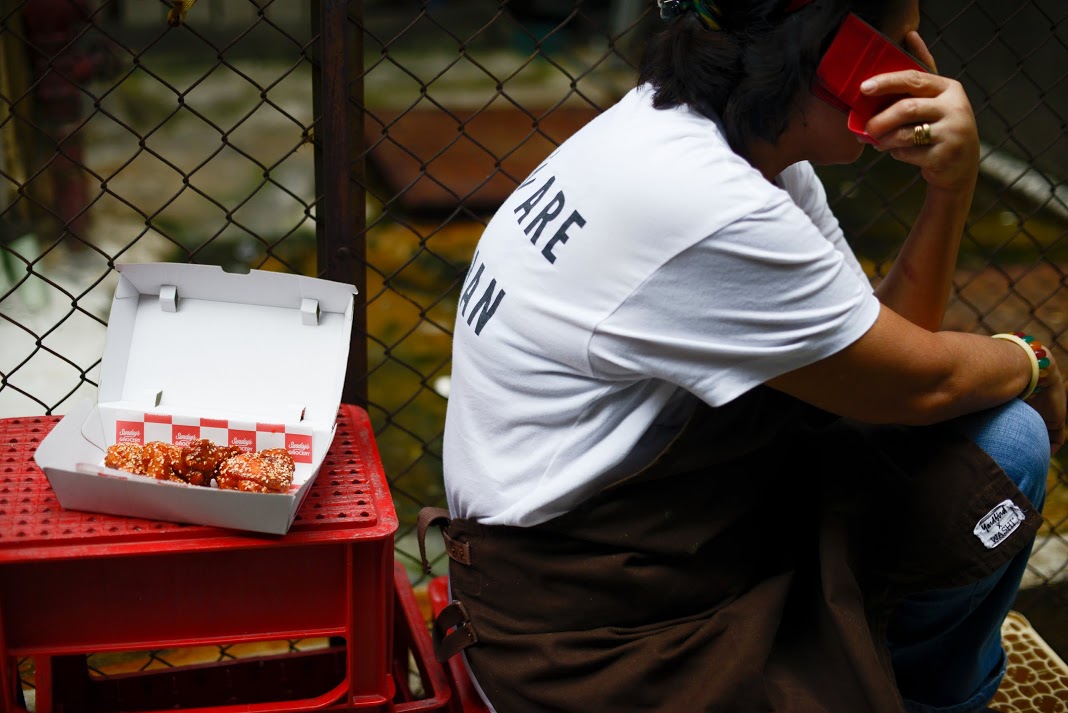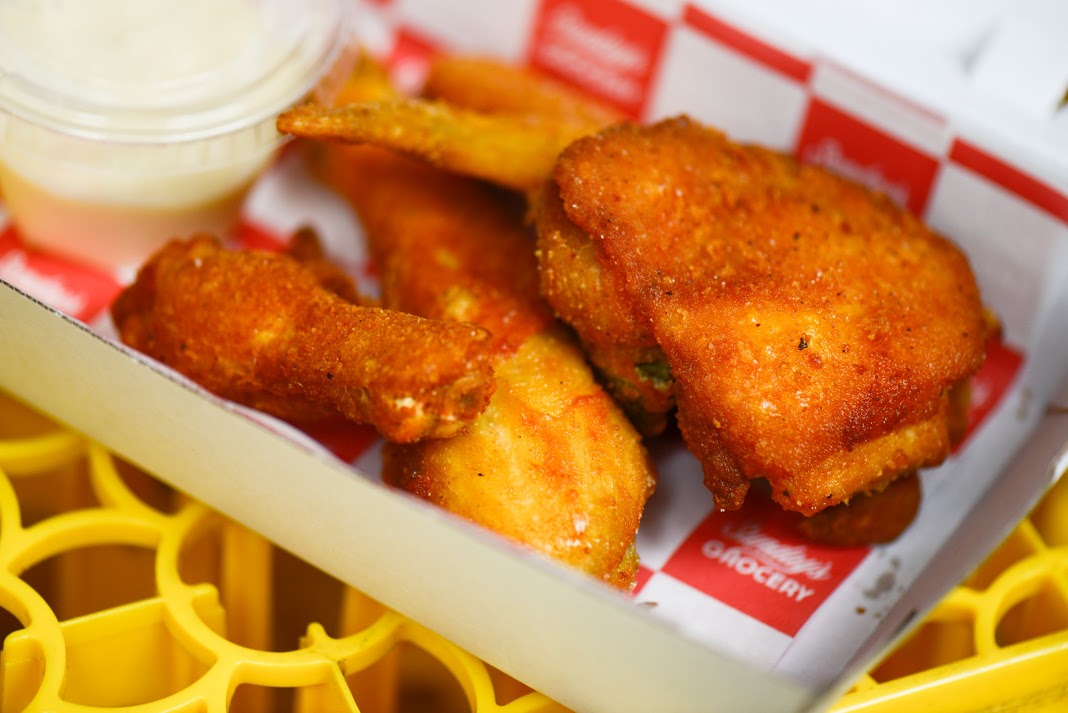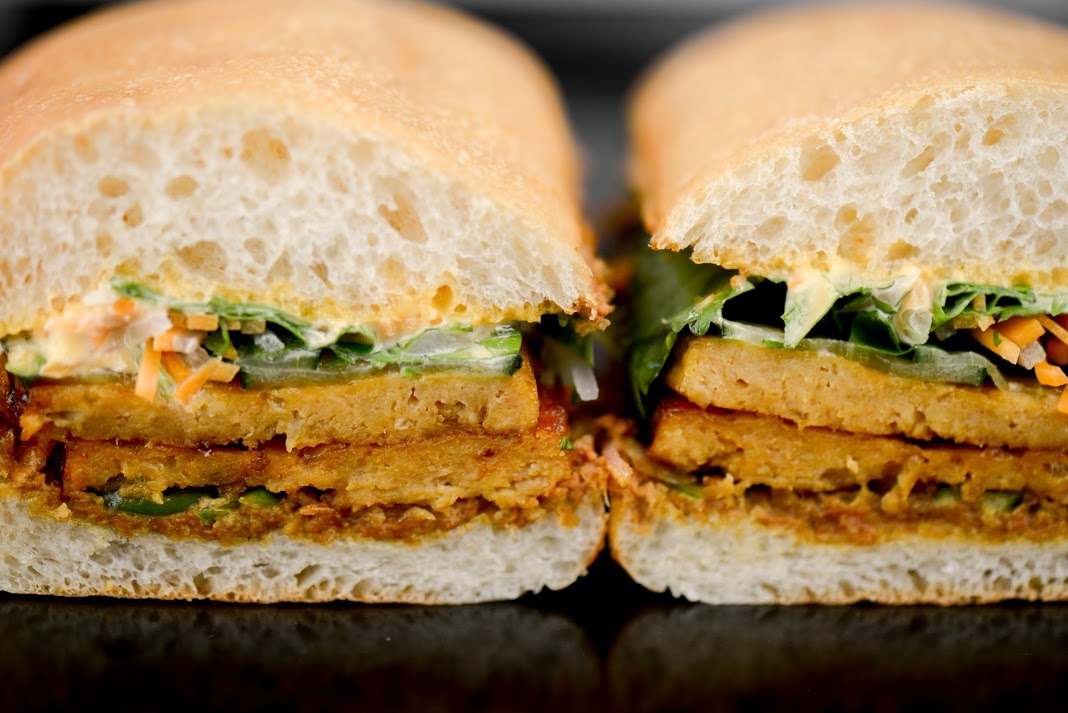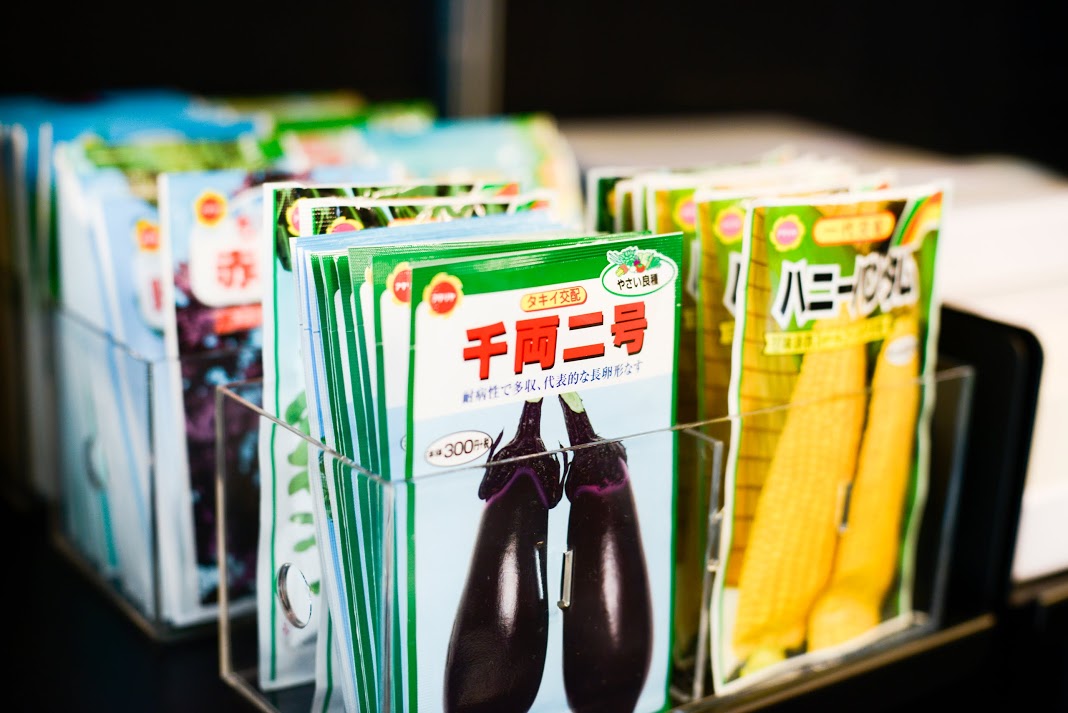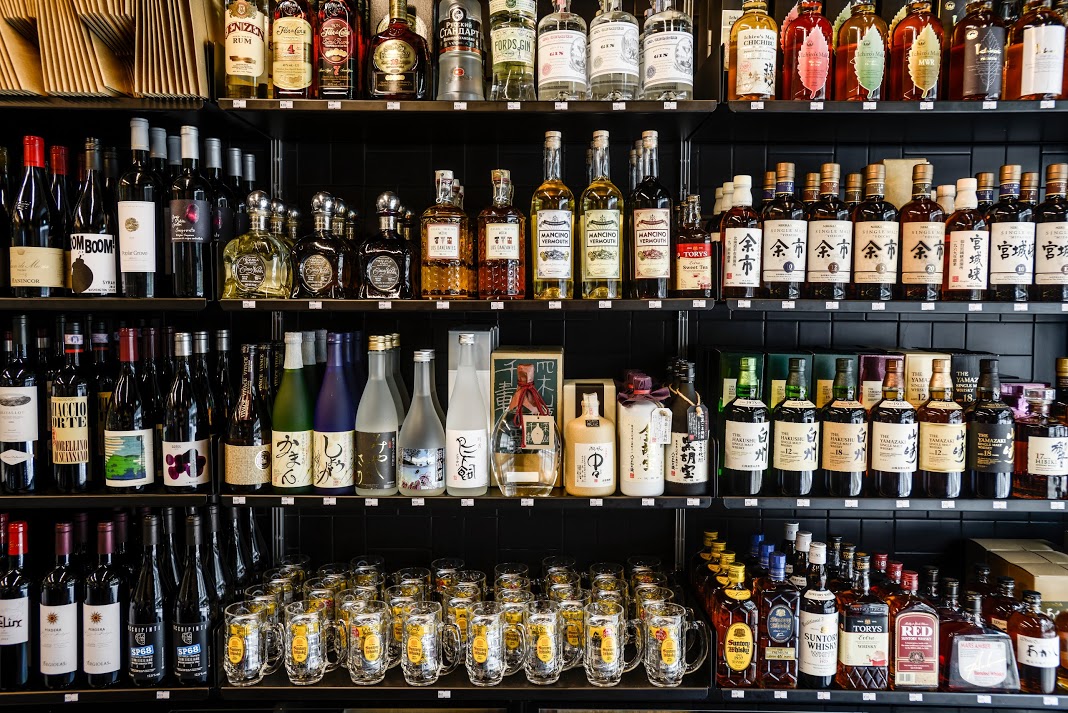Matt Abergel has a penchant for the pared-down art of Japanese cuisine. Hailing from Calgary, the executive chef and co-owner of Yardbird, Ronin, and Sunday’s Grocery in Hong Kong found his way to the Asian hub for a job in 2009 and has made a huge splash in local dining culture since. Abergel’s cooking philosophy is hinged upon the quality of his ingredients and the honesty of his craftsmanship. He respects the importance of a thoughtfully created menu, ensuring that the produce, meat, and fish he serves at his three establishments are of the highest standard, yet prepared with a playful, creative twist. Spending three years under the mentorship of chef Masayoshi Takayama at Masa in New York following a stint in some of Vancouver‘s best Japanese restaurants, Abergel developed his exquisite talent for Japanese cuisine before being offered the role of executive chef at Zuma Hong Kong in 2009, widely known as one of the city’s finest sushi joints.
Looking to branch out after two years at Zuma and still a rather young chef among his peers, Abergel opened Yardbird in 2011 with business partner Lindsay Jang in the Sheung Wan district of Hong Kong. Yardbird is unlike any other restaurant in the city; the atmosphere is at once trendy and unpretentious. The servers make a point of interacting with clients (watch out for extra sake shots at the end of the meal) and the interior decor by Sean Dix is easy and relaxed. The bar is stocked with friendly mixmasters and carefully selected sake, shochu, beer, wine, and Japanese whisky.
Known for yakitori, the chefs at Yardbird use all parts of the bird: heart, liver, oyster, and neck. Don’t know what a chicken oyster is? Don’t ask, but do dip it in a raw orange egg yolk before biting into the tender, seasoned meat. Chicken meatballs get rave reviews and might be double-ordered after a few crisp Japanese beers at the bar. One of the most popular dishes is Korean fried cauliflower (or colloquially, KFC): deep-fried florets dipped in a sweet, tangy sauce and sprinkled with sesame seeds, best when spritzed with a squeeze of lime.
For those who don’t do chicken, there’s enough on the salad menu to fill up on without getting bored. The cucumber salad is a crunchy treat doused in delicate homemade sesame sauce, and edamame makes a good snack while waiting for a table. Even the Caesar salad is order-worthy: a Japanese twist on a North American staple, the dish is topped with thin slices of dried seaweed and fresh, creamy dressing. Sweet corn tempura is exactly how it sounds—battered balls of yellow corn deep-fried and served solo, no need to be dressed up.
The restaurant has garnered a great deal of international praise since opening its doors, and, in 2013, Abergel opened his second venture, Ronin, around the corner. Nearly impossible to find unless you see someone else slipping in the sleek door before you, the dimly lit, narrow dining bar focuses on seafood and Japanese whisky. In 2014, Abergel and Jang opened Sunday’s Grocery, a liquor and convenience store-meets-takeaway sandwich shop in Hong Kong’s western neighbourhood of Kennedy Town. Abergel collaborated with Vancouver-based artist Dan Climan (who has worked on local spots including Save-On-Meats) on the exterior design, original artwork, and graphics for the shop, which also stocks lifestyle goods. Here he explains his philosophy, his new home in Asia, and his culinary vision.
What was the most important thing that you learned from your training with Masayoshi Takayama that you have applied to your own restaurants?
To never compromise quality.
What is distinct about Hong Kong’s dining culture from other cities you have lived and worked in?
Hong Kong’s dining culture is constantly changing. Also, the local population has a great deal of knowledge and appreciation for Japanese food and beverage culture, due to Hong Kong’s close proximity to Japan.
In some cities it seems understood that friends meet up for Japanese food at least once a week: it’s fresh, simple, and easy to share. Did you notice an unmet demand for Japanese cuisine in Hong Kong before opening Yardbird?
Not really—Japanese food is extremely popular in Hong Kong. I’ve been cooking Japanese food for the majority of my career, so when opening Yardbird, it wasn’t about filling a demand, it was about creating my own space where I could cook the food I love to eat.
Yardbird has a very distinct, comfortable but cool atmosphere, presumably a combination of the staff, the music, and the decor. The vibe is unpretentious, but it’s clear how seriously the employees take the food. How did this vision come together?
Our focus has always been to provide simple, tasty, and honest food in a fun and relaxed environment while maintaining the highest level of quality and service. Creating and developing the design and aesthetics of the restaurant was very important to us from the beginning, because Yardbird represents more than just the food and drinks that are served—it’s about the whole experience.
Still hungry? Read more Dining stories.

